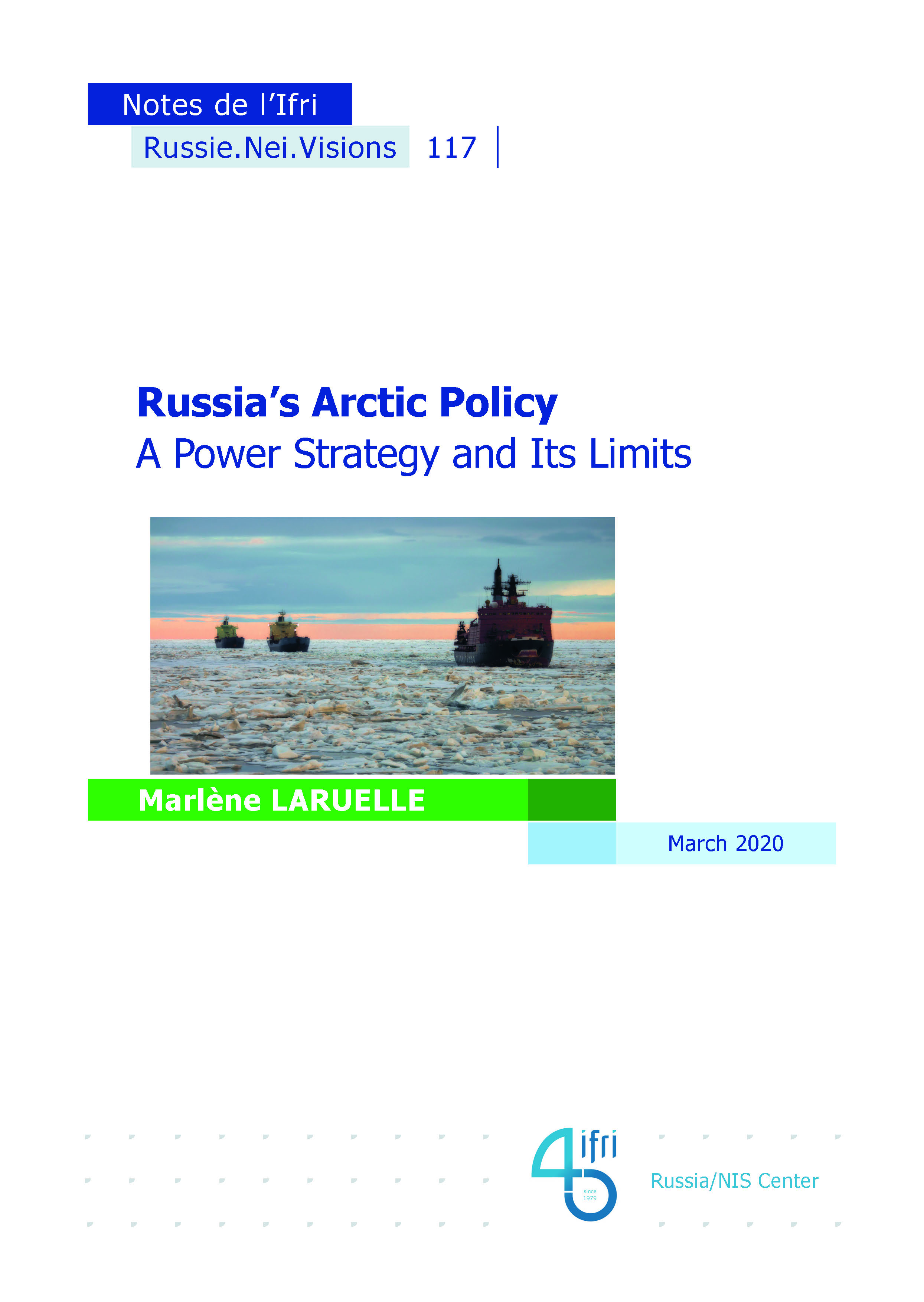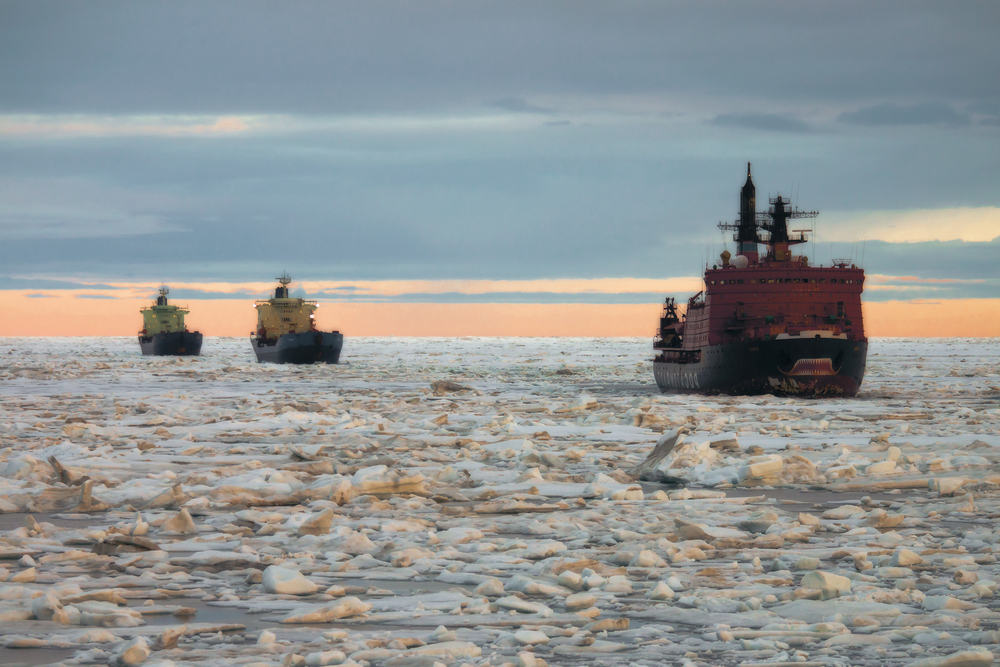Russia’s Arctic Policy: A Power Strategy and Its Limits

Despite the deterioration of its relations with the West and economic stagnation limiting its room for maneuver, Russia continues to have an ambitious policy for the Arctic region.

Moscow sees the Arctic as one of its main strategic bastions, a key region for asserting its status as a great power, and a major source of energy for decades to come. The Russian government has therefore implemented strategies to promote a coherent power and development policy, with some notable successes like the remilitarization of its Arctic borders and the energy development of the Yamal Peninsula. But it has also faced mixed results over the international status of the Northern Sea Route, and in managing population settlement as well as environmental challenges. While the Arctic offers Russia undisputed great power status, this status is not easy to sustain and costly for its federal budget.
Marlène Laruelle is a Professor at George Washington University (Washington D.C.), Director of the Institute for European, Russian and Eurasian Studies (IERES) and co-director of the PONARS-Eurasia program. Since January 2019, she has been an associate research fellow at IFRI’s Russia/NIS Center.
Download the full analysis
This page contains only a summary of our work. If you would like to have access to all the information from our research on the subject, you can download the full version in PDF format.
Russia’s Arctic Policy: A Power Strategy and Its Limits
Related centers and programs
Discover our other research centers and programsFind out more
Discover all our analysesThe Caspian Sea as an Emerging Energy Hub : Potentials and Limitations
This report analyzes the prospects of the Caspian Sea region — and its key actors except for Russia and Iran — becoming an important energy hub serving the needs of the European Union (EU).
The European Union's Strategic Test in Georgia
The political crisis brewing in Georgia is of an existential nature for the country. What is at stake is Georgia's future as a democratic and sovereign European nation (EU).
Commanders of Putin's Long War: Purged, Reshuffled and Disgruntled
The trend of reshuffling the Russian top military command in the course of a fast-evolving and far from successful war has progressed unevenly both across the Armed Forces’ structures and in time. The rationale for and timing of the abrupt cadre decisions made by Commander-in-Chief Putin often defy logical explanation, and the rare official clarifications are no more informative than the usual information blackout.
Russian Military Manpower After Two and a Half Years of War in Ukraine
In addition to a military victory in Ukraine, the Russian leadership is planning to build up sizable troop formations for a possible conflict with NATO in the Baltic region and the Kola Peninsula. In particular, current plans aim for the military manpower to grow by about 350,000, reaching a total of 1.5 million soldiers and commanders. In the context of the current conflict in Ukraine, this cannot be accomplished without a new wave of mass mobilization.











